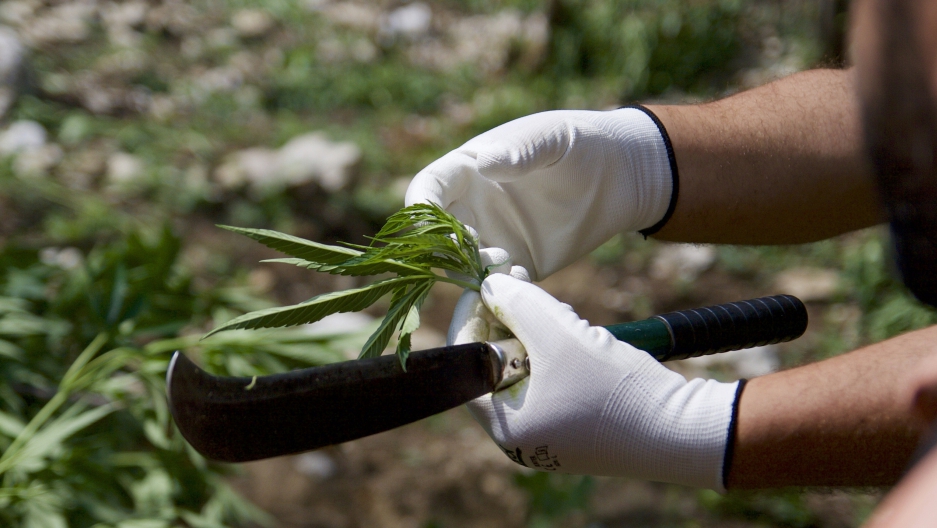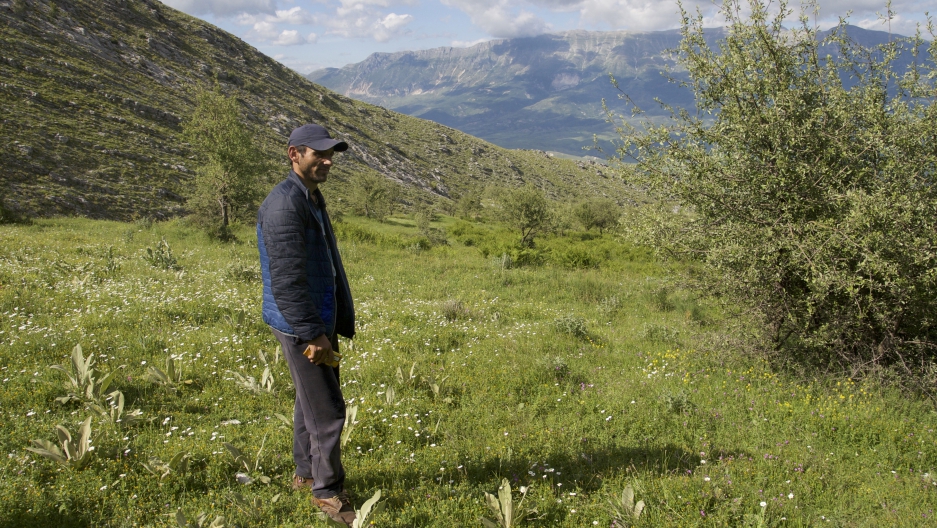
For years, a state within a state thrived in Albania. An estimated $6 billion a year in marijuana trade sustained it, more than half the value of the state's official GDP. An arsenal of heavy machine guns, mortars and RPGs, backed up by the suspected complicity of officials, guaranteed its sovereignty. The place is called Lazarat, a village in southern Albania. Some 3,000 people live there, and they once grew 900 tons of marijuana annually.
That changed in June 2014, when an army of police officers began an operation to retake the village. Gun battles raged for weeks, and the marijuana was torched.
Lazarat emerged as a marijuana growing center during the 1990s. Albania's turbulent transition from communist hermit state to a democracy culminated in a complete breakdown of the country in 1997. With Albania awash in arms pilfered from military depots and run by a combination of weak and corrupt governments, Lazarat rose to be the single most important source of marijuana in Europe.
As gangsters and officials reaped the profits, the people of Lazarat prospered on a more modest scale, largely left alone by the police. They also bore the brunt when their business came to an abrupt, violent end.
Nate Tabak tells the story of this village and the people who built a marijuana empire, now living in its ruins.



